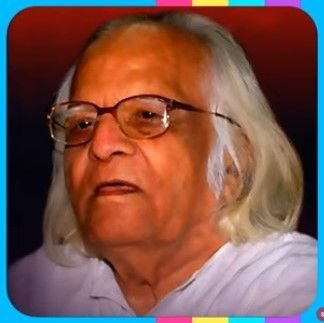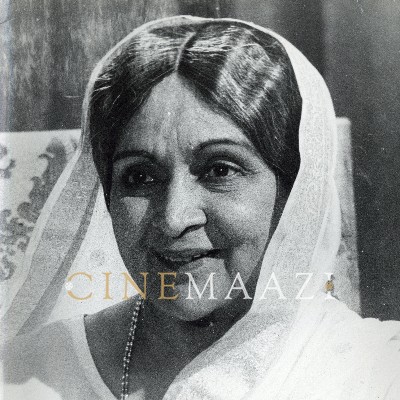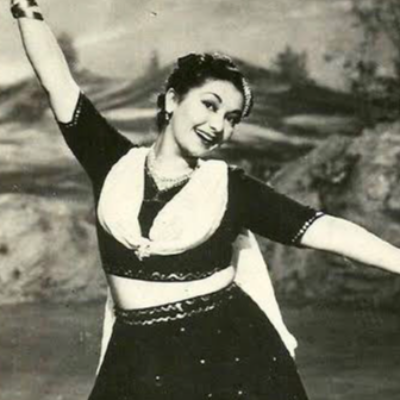Vidyanath Seth

Subscribe to read full article
This section is for paid subscribers only. Our subscription is only $37/- for one full year.
You get unlimited access to all paid section and features on the website with this subscription.
Not ready for a full subscription?
You can access this article for $2 , and have it saved to your account for one year.
- Born: 27 February, 1916
- Died: 18 June, 2015
- Primary Cinema: Hindi
Vidyanath Seth was perhaps the oldest surviving singer of the gramophone era. Born on 27 February, 1916, he started as a singer in All India Radio, Lahore in 1936. His private ghazals, devotional songs and other light classical songs gained immense popularity. A life insurance agent in Lahore, he migrated to Delhi in 1947. In India, Seth rendered songs on nearly all the stations of Akashwani. While he had the distinction of singing at the inaugural functions of All India Radio in Lahore and thereafter in Jallundhar, he also sang at the Delhi Centre of Doordarshan in 1956.
Seth’s style of singing was influenced by that of the maestro K L Saigal, even as he attempted to carve his own identity in playback singing. He rendered just five songs for Hindi cinema, for films such as Pujarin (1936), and the Samar Ghose directed film Roop Rekha (1948) for which he even composed one of the songs, O gori kahe preet kare. His songs include Aaj geet ke bol bol mein umda hai toofaan, Aankhen mila ke, Aata hai jab bahaar pe, Aaye yaad e yaar, Balima chori chori, Char din ki, Kis karan bahaar aaye, Sajni kyon pyar jagaya tha, and Sapnon mein aane re.
Seth rendered several non-film songs including ghazals, geets and bhajans. Often, he also set them to tune. He sang songs in Hindi and Punjabi, making several records for HMV and Columbia in the 1940s. Almost all 78 RPM records of his non-film songs were issued before 1950. A regular for All India Radio Lahore, and later AIR Delhi, his bhajans such as Man phoole phoole phire jagat mein were often heard on Vividh Bharati in the 50s and 60s. His other popular songs include Duniya ka darshan hai mela, and Woh hamein tadpa rahein hai. Interestingly, Vidyanath Seth was highlighted by Mohammed Rafi as being among the three singers who were a major influence on his singing.
Vidyanath Seth passed away on 18 June, 2015. He was 99.
References
Image credit: https://www.youtube.com/watch?v=_t6trGlcWXY










.jpg)



